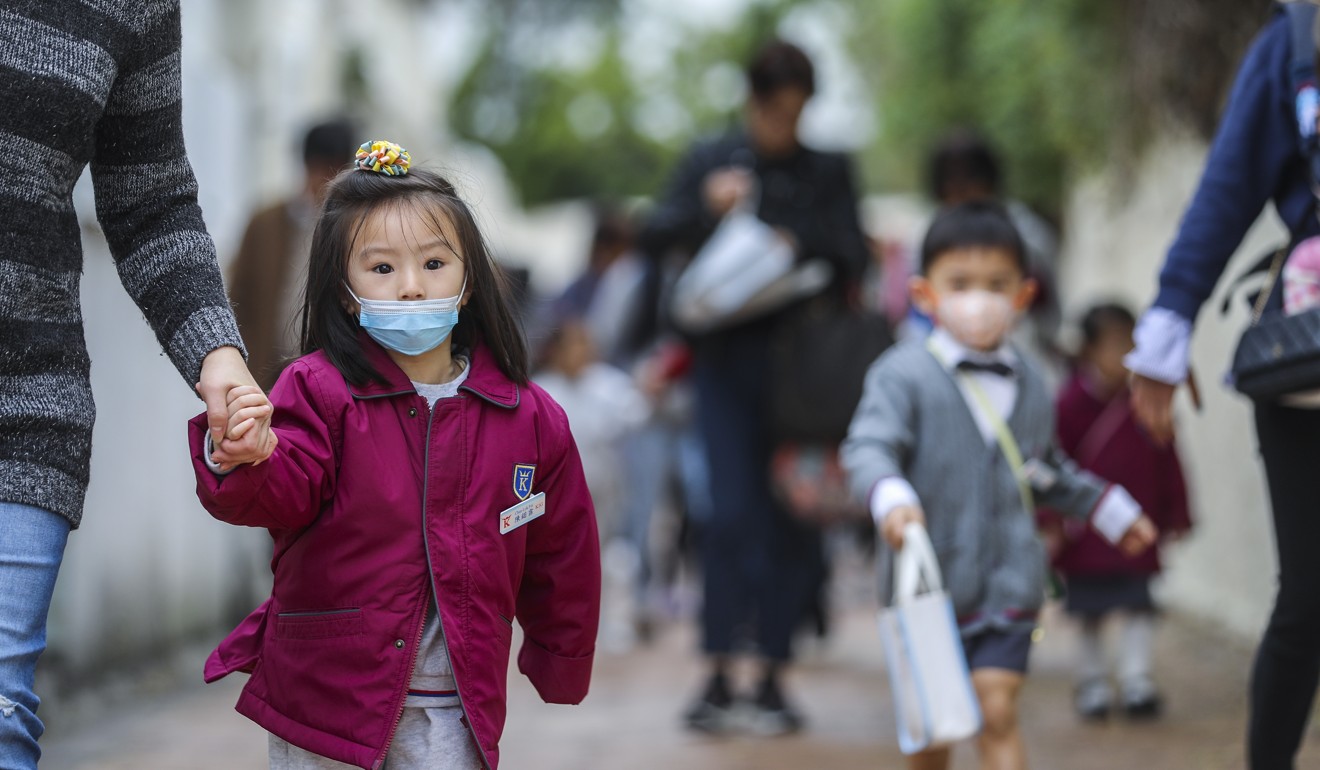
Flu study to reduce spread of virus and boost immunity to it gets HK$50 million funding from Research Grants Council
- Classes for toddlers and young children have been abruptly cancelled for two consecutive years following a winter flu surge in Hong Kong
- Study aims to estimate speed of influenza spread and to predict epidemic’s size both before and during the outbreak
A study into ways to boost immunity to influenza and reduce its transmission has received HK$50 million funding from the Hong Kong government, the largest sum allocated to university research projects this year.
“Hong Kong suffers an influenza epidemic every year, some years bigger, some years smaller, and we don’t really understand why,” said Professor Benjamin Cowling at the University of Hong Kong, who will lead the five-year study.
“[We hope] we can have more advanced warnings of how serious the next flu season is going to be, so we can be better prepared.”
Classes for toddlers and young children had been abruptly cancelled for two consecutive years following a winter flu surge in Hong Kong and the study aimed to estimate the speed which influenza spreads and to be able to predict the epidemic’s size both before and during the outbreak.

To predict against seasonal flu outbreaks, the funded project would build a platform to sample data showing the severity of individuals’ influenza and their immune responses before, during and after infection.
The data would help scientists understand why some individuals had weaker responses to influenza vaccination and why some were still likely to suffer from the virus despite strong responses to vaccination.
At population level, the study could also help estimate transmission of the virus and predict the epidemic size in real-time, allowing the authorities to make better judgments on control measures such as alternative vaccinations strategies for different populations and school closures.
The study was among five to receive funding from the Research Grants Council.

Other projects would get between HK$30 million (US$3.84 million) and HK$45 million from the council under its theme-based research scheme, with total funding of HK$224 million, of which HK$200 million would be funded by the council and the rest matched by the universities concerned.
Council chairman Professor Benjamin Wah Wan-sang noted it had received 47 preliminary proposals this year.
There are a total of 19 research topics under four main themes, of which three new ones were added to the list this year: Food Production and Food Security; Financial Technologies and Regulatory Technologies; and Artificial Intelligence.
The studies that received grants came from only three of the four themes, Wah said.
Through detailed deliberations, the selection panels decided these projects were suitable for conducting research in Hong Kong.
